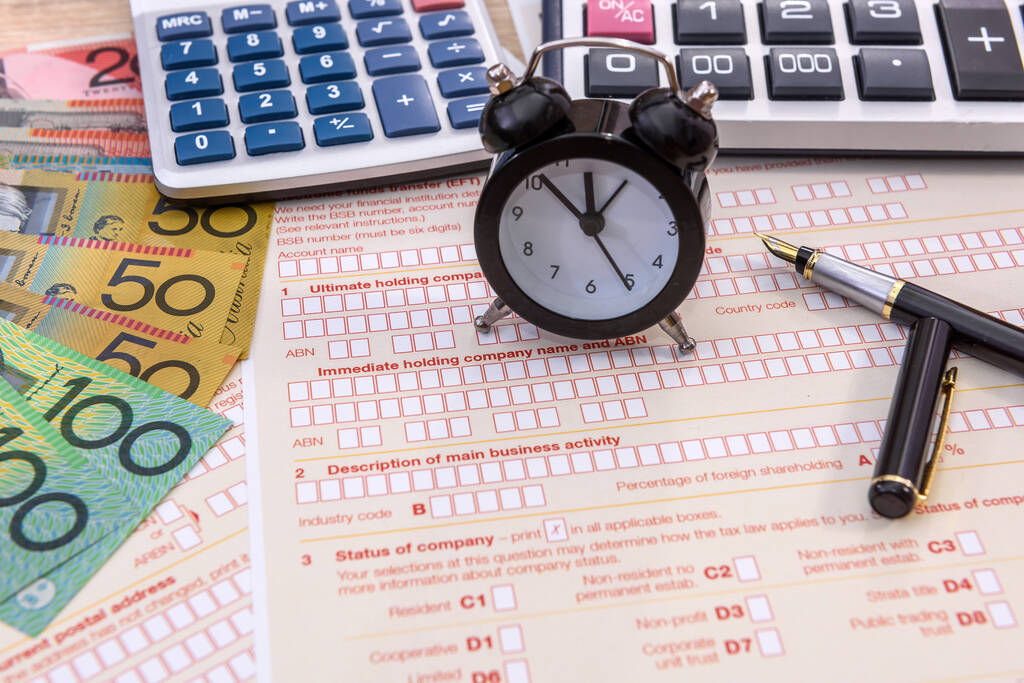In recent years, cryptocurrency has emerged as a significant player in the global financial landscape, and Australia is no exception. With the increasing popularity of digital currencies like Bitcoin, Ethereum, and others, the Australian Taxation Office (ATO) has set guidelines to ensure that transactions involving cryptocurrencies are taxed appropriately. This blog aims to provide a comprehensive overview of how cryptocurrency is taxed in Australia, helping investors and users understand their tax obligations.
Understanding Cryptocurrency in the Australian Context
Before delving into the taxation aspects, it’s crucial to understand what cryptocurrency is in the eyes of Australian law. Cryptocurrency, often referred to as digital or virtual currency, is a digital asset that uses cryptography for secure financial transactions. In Australia, cryptocurrencies are considered property and are subject to Capital Gains Tax (CGT). For those interested in exploring the Australian cryptocurrency market, a Coinspot review can provide valuable insights into one of the country’s leading trading platforms.
Capital Gains Tax and Cryptocurrency
The most significant tax consideration for Australian cryptocurrency users is the Capital Gains Tax. A capital gain or loss is the difference between what it cost you to acquire a cryptocurrency and what you receive when you dispose of it. You need to report these gains or losses in your income tax return, and they can significantly affect the amount of tax you owe.
Calculating Capital Gains
To calculate your capital gain, subtract the cost basis (the original value of the cryptocurrency when you acquired it) from the sale price. If this results in a positive number, you have a capital gain. If it’s negative, you have a capital loss, which can be used to offset other capital gains.
Record-Keeping
Accurate record-keeping is vital for cryptocurrency transactions. The ATO requires you to keep records of the date of transactions, the value in Australian dollars at the time of the transaction, what the transaction was for, and who the other party was (even if it’s just their wallet address).
Cryptocurrency for Personal Use
Some cryptocurrency transactions may be exempt from CGT if they are classified as personal use assets. This exemption applies if you acquire cryptocurrency primarily for personal use or enjoyment, and the cost of the cryptocurrency is less than $10,000. However, this exemption does not apply if you are using cryptocurrency as an investment, in a business, or as part of a profit-making scheme.
Cryptocurrency as an Investment
If you hold cryptocurrency as an investment, any gains you make from selling it are subject to CGT. This is similar to if you were selling shares or other investment assets. It’s important to note that if you hold a cryptocurrency for more than 12 months, you may be eligible for a CGT discount.
Cryptocurrency in Business Transactions
If you receive cryptocurrency for goods or services provided as part of a business, it’s considered ordinary income at the value of the cryptocurrency in Australian dollars at the time of receipt. This income must be reported in your tax return, and any expenses incurred in relation to the cryptocurrency received (like the cost of goods sold) can be claimed as a deduction.
Mining and Staking
Cryptocurrency mining and staking activities are also subject to taxation. If you mine cryptocurrency, any income derived from the transfer of the mined coins or tokens is taxable. The value of the mined coins is ordinary income at the time they are acquired. Similarly, income from staking activities is also considered taxable.
GST and Cryptocurrency
As of July 1, 2017, the Australian government treats cryptocurrencies as property for GST purposes. This means that the supply of cryptocurrency is no longer subject to GST. This change was a significant step in fostering a more favorable environment for cryptocurrency in Australia.
Reporting and Compliance
The ATO is increasingly focusing on cryptocurrency transactions as part of its compliance activities. It’s essential to report your cryptocurrency transactions accurately to avoid penalties. The ATO has data-matching programs in place to identify users who fail to report their income correctly.
Conclusion
Navigating the complexities of cryptocurrency taxation in Australia can be challenging utilizing taxation accountant. However, understanding the basics of how cryptocurrency transactions are taxed, and keeping accurate records, can help in ensuring compliance with ATO regulations. As the cryptocurrency landscape evolves, staying informed about the latest tax laws and guidelines is crucial for anyone involved in cryptocurrency transactions in Australia. Remember, when in doubt, consulting with a tax professional is always a wise decision.
